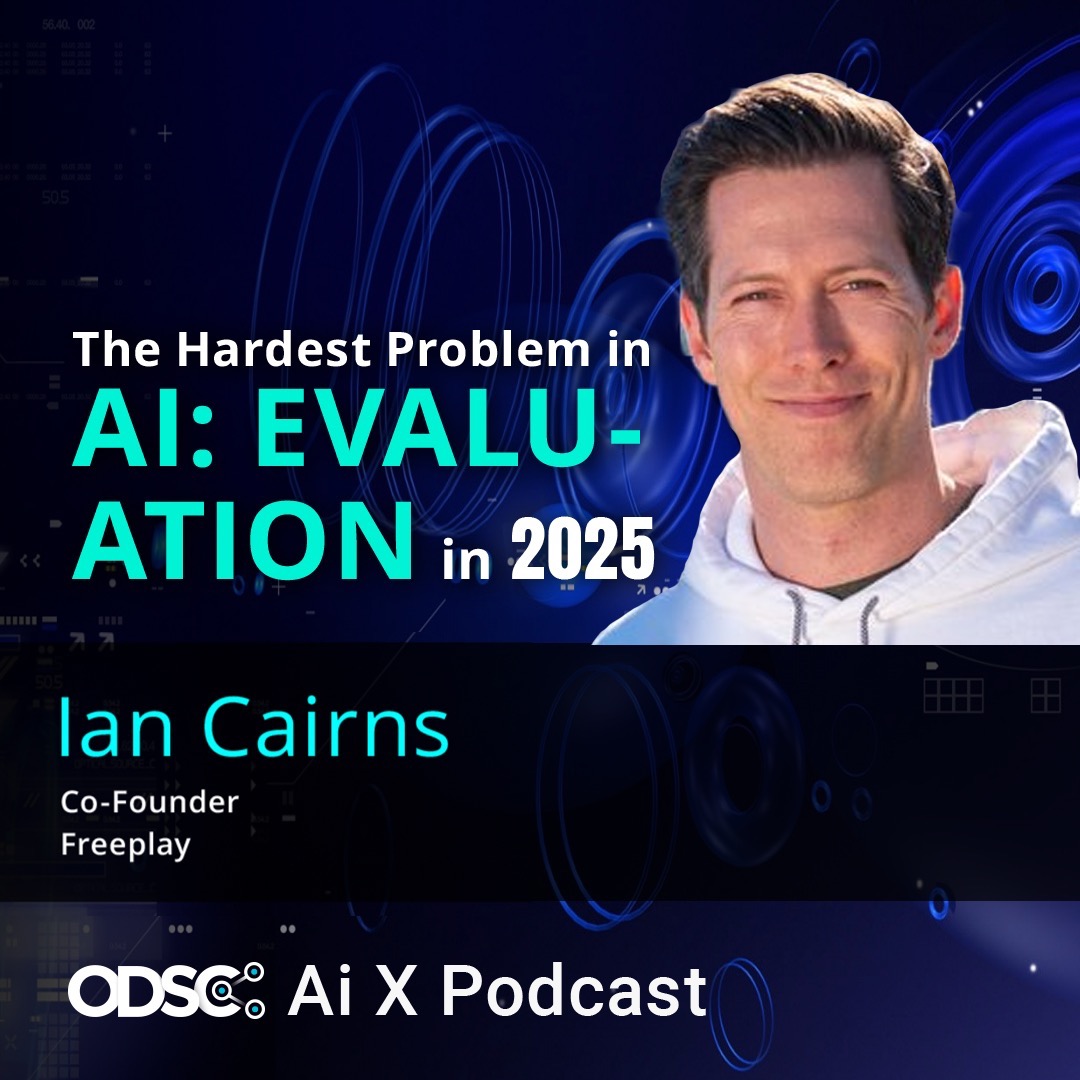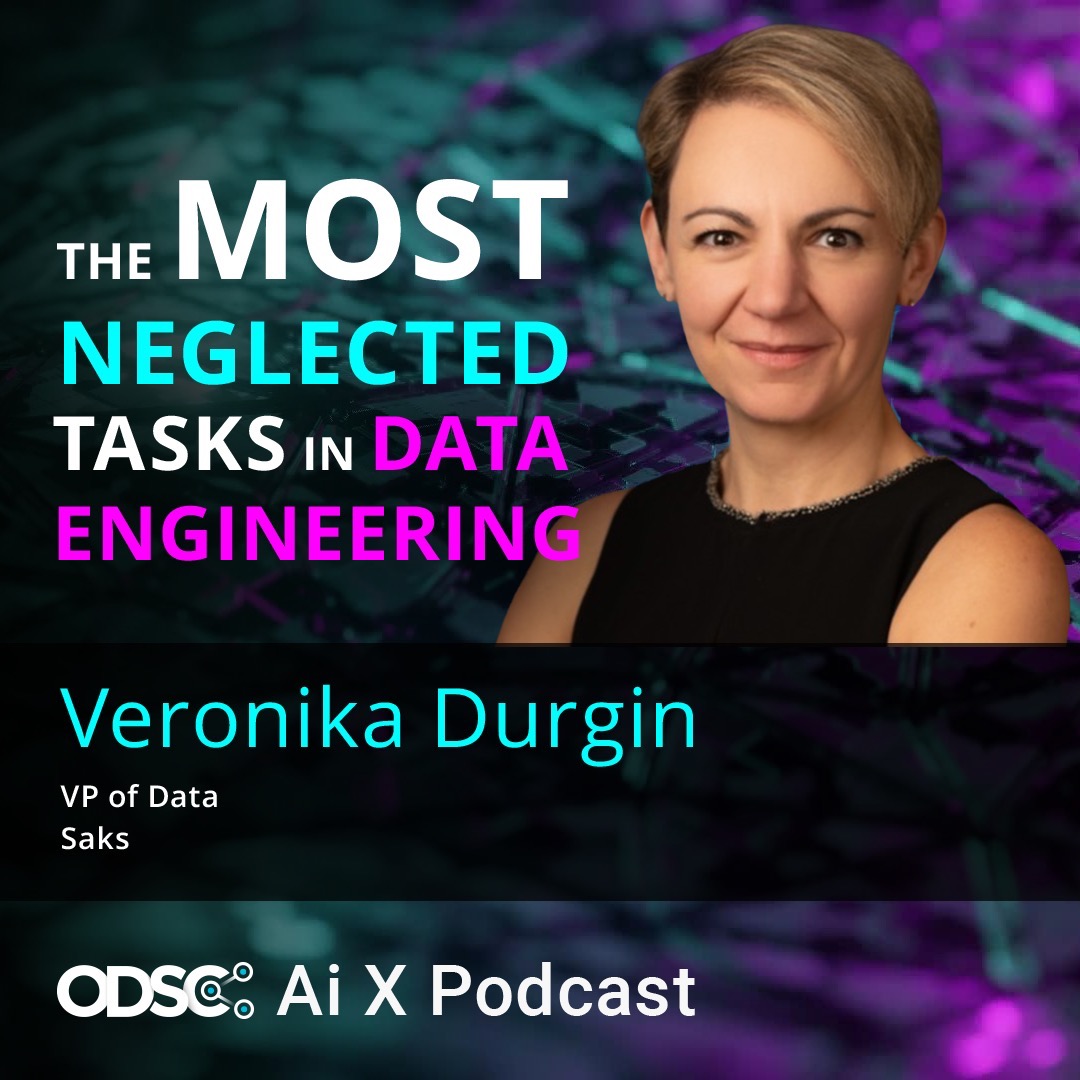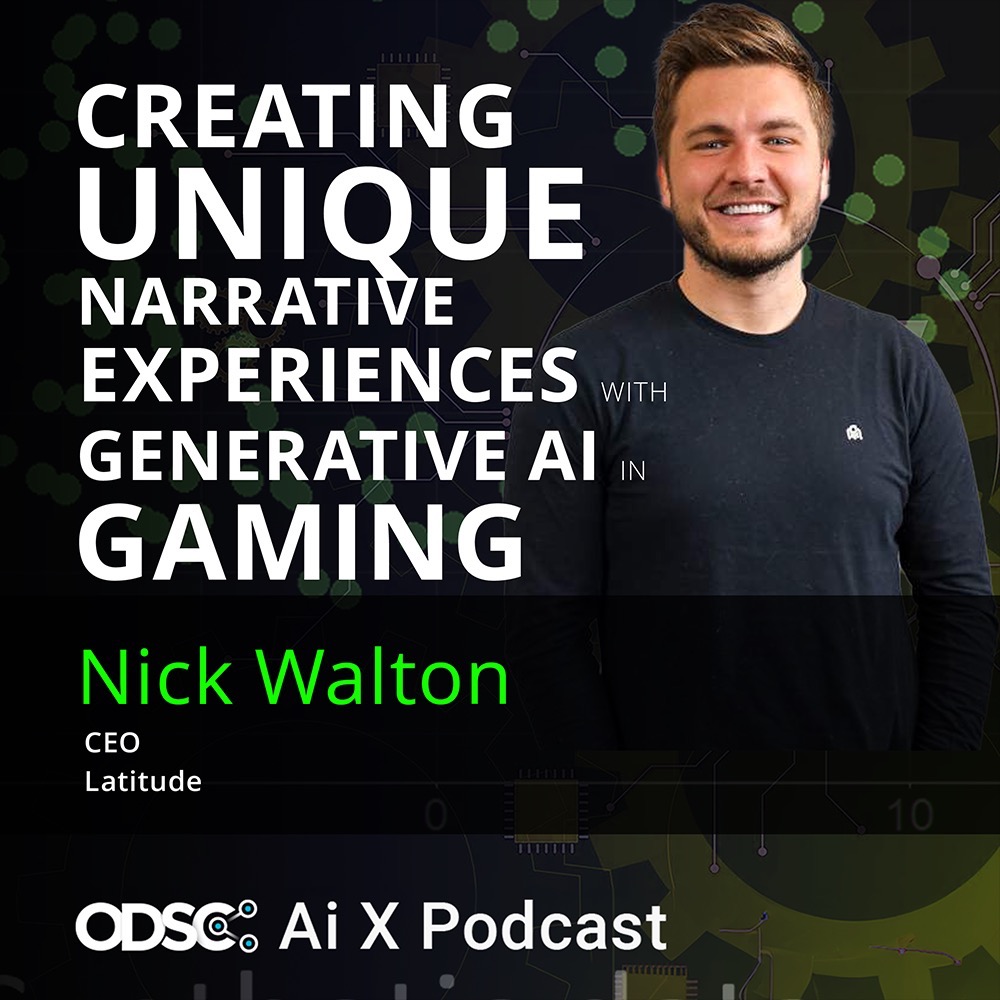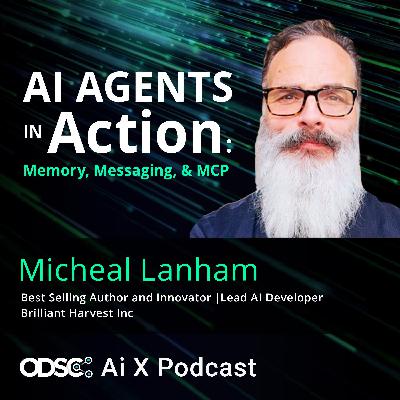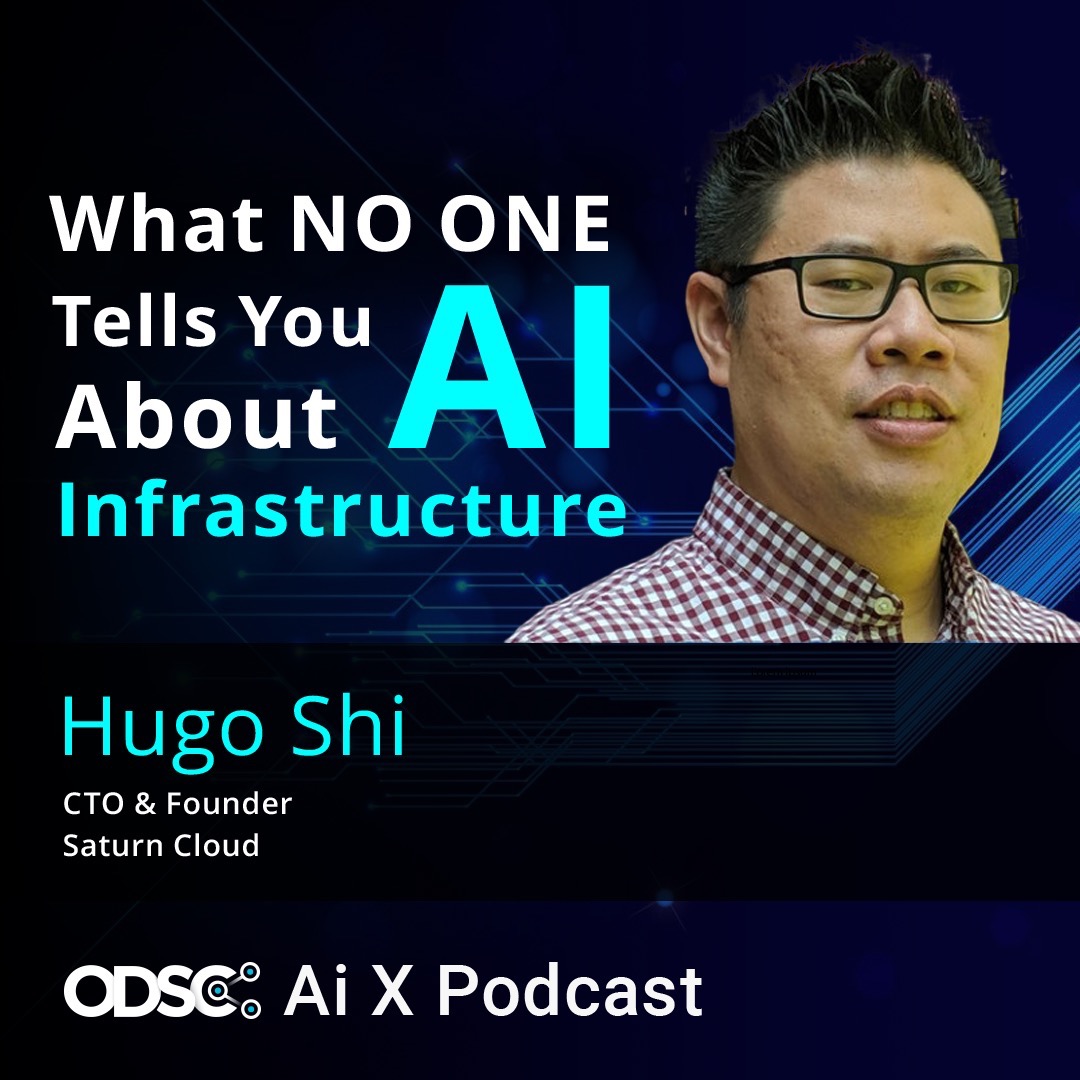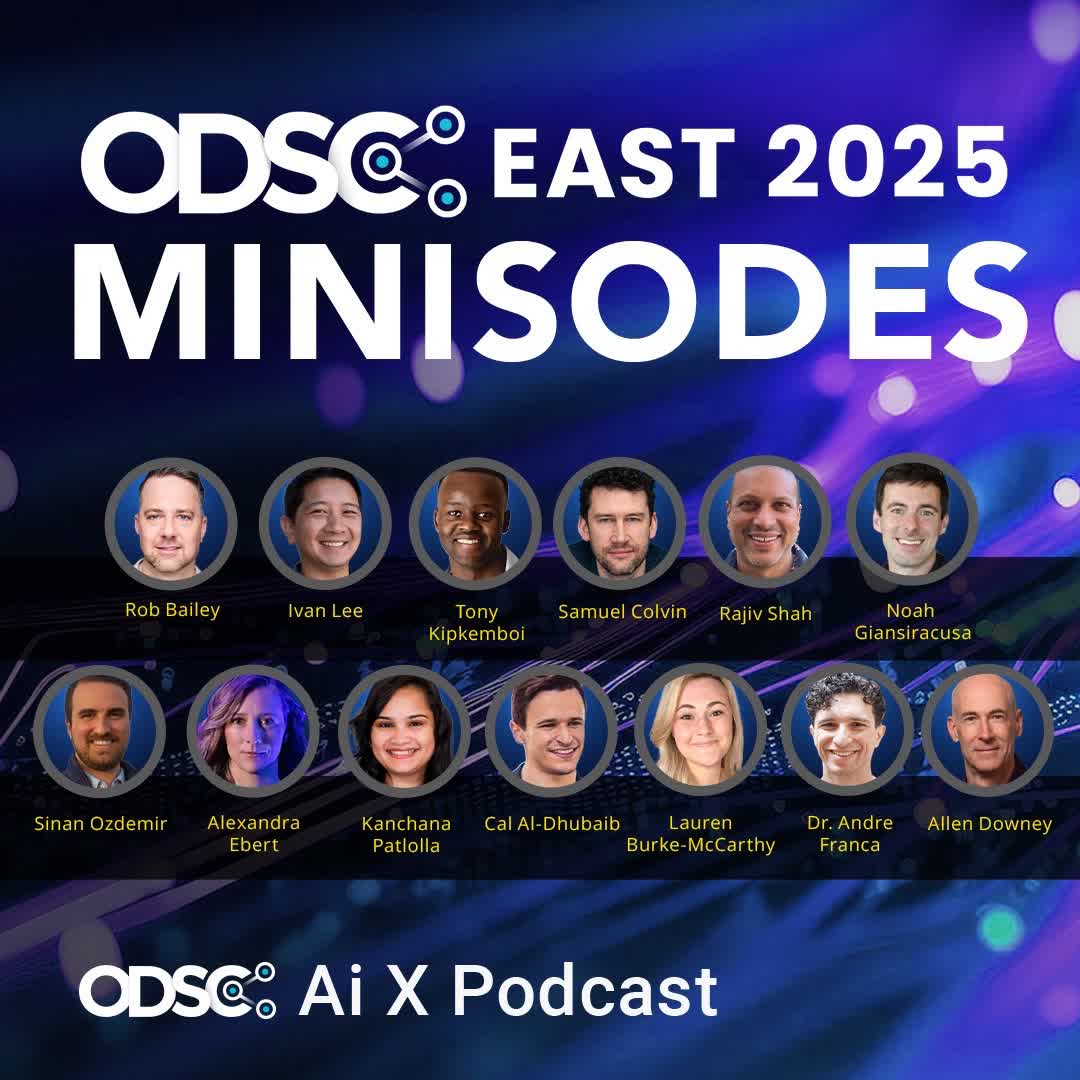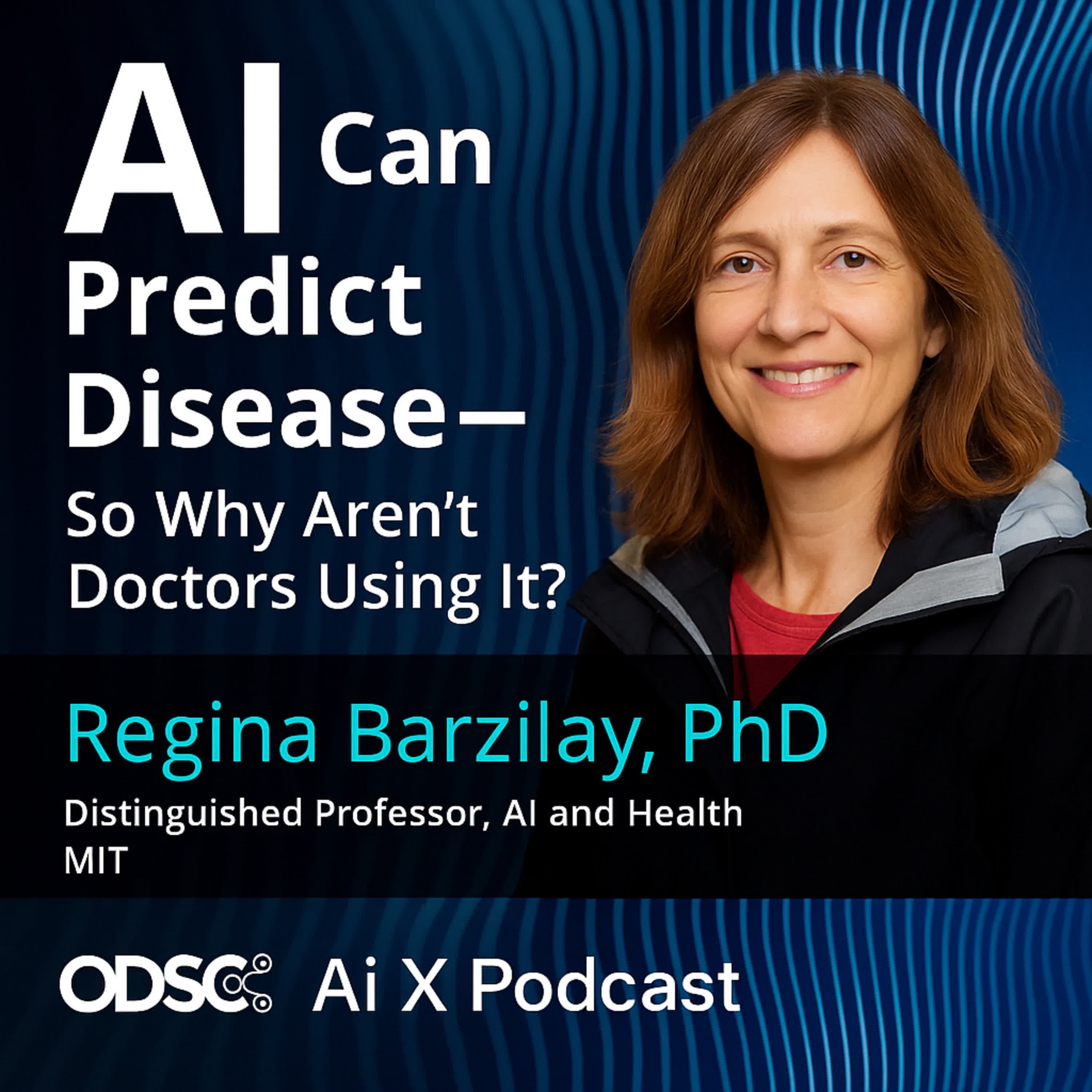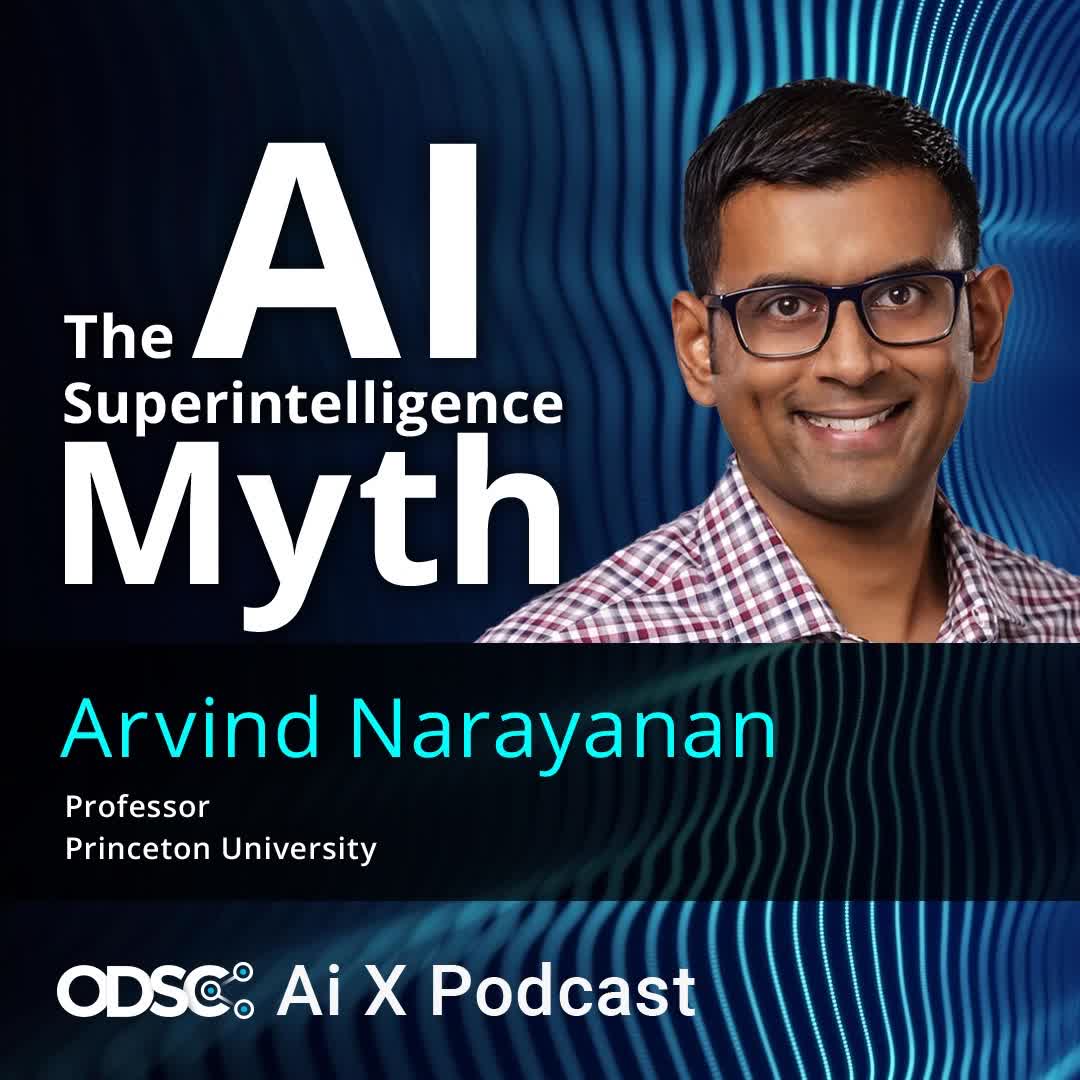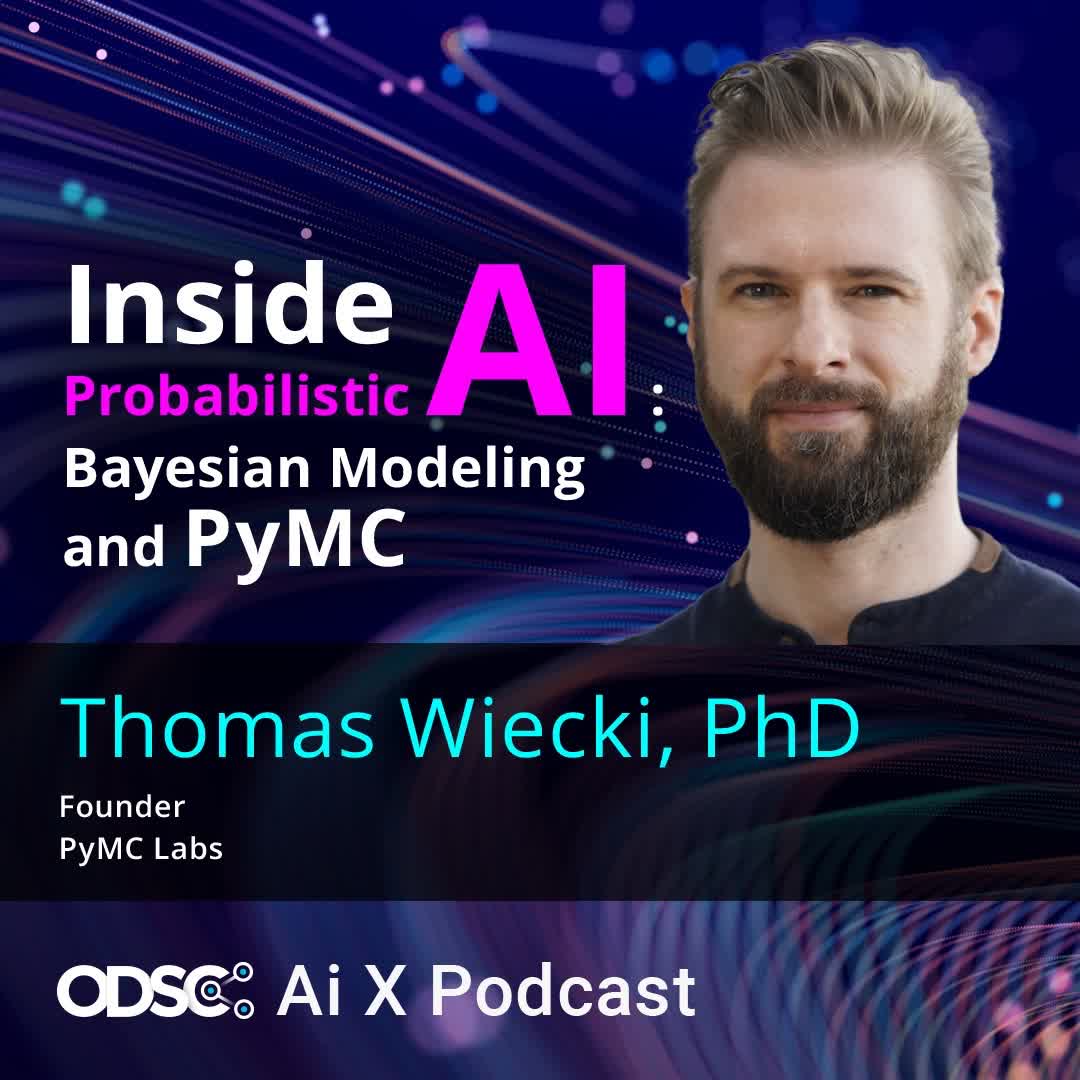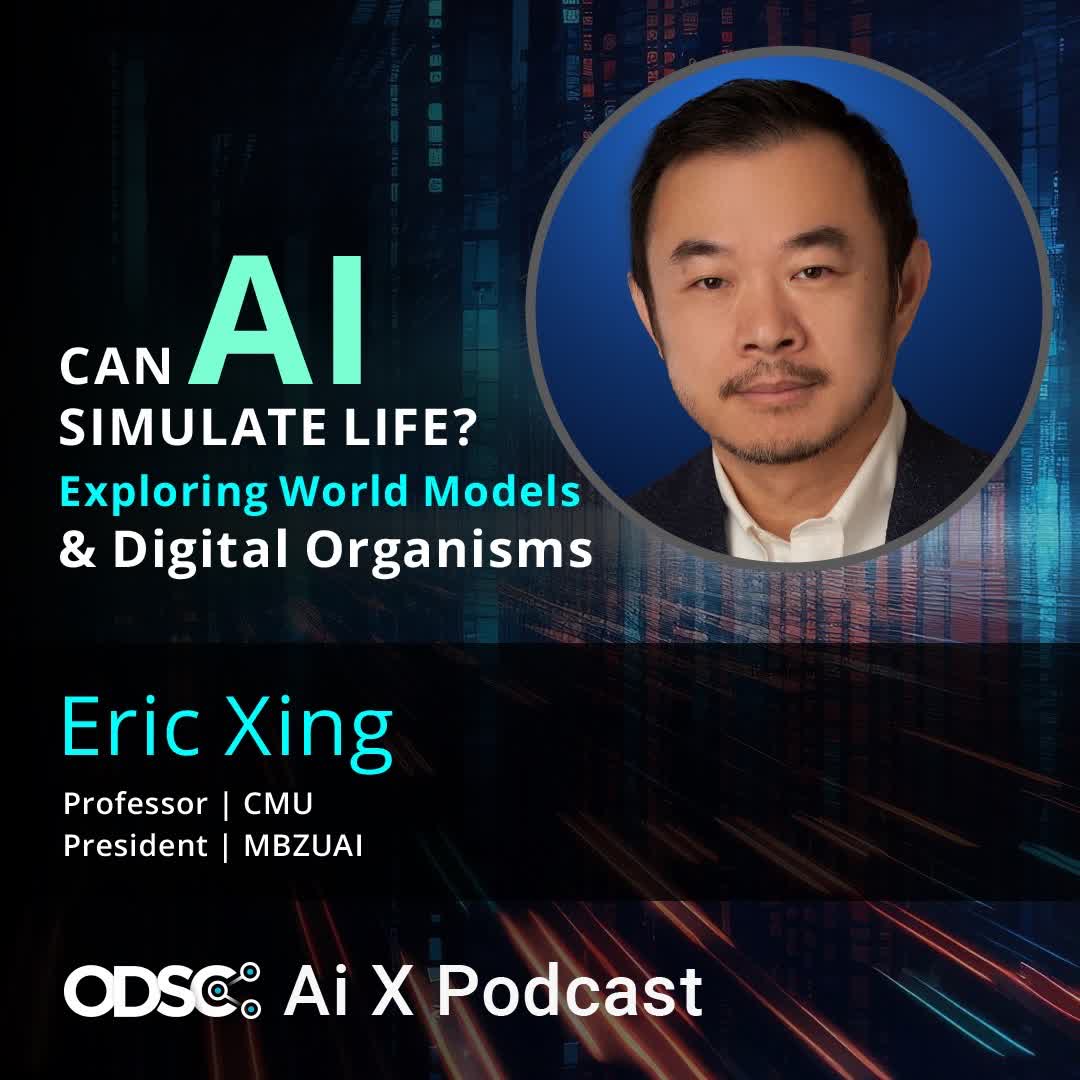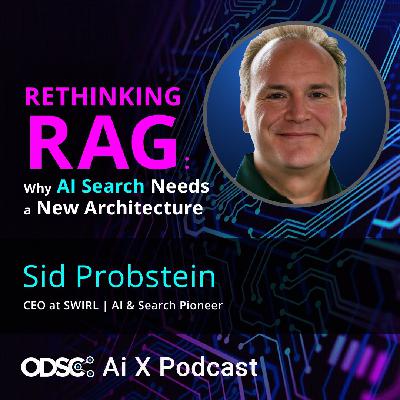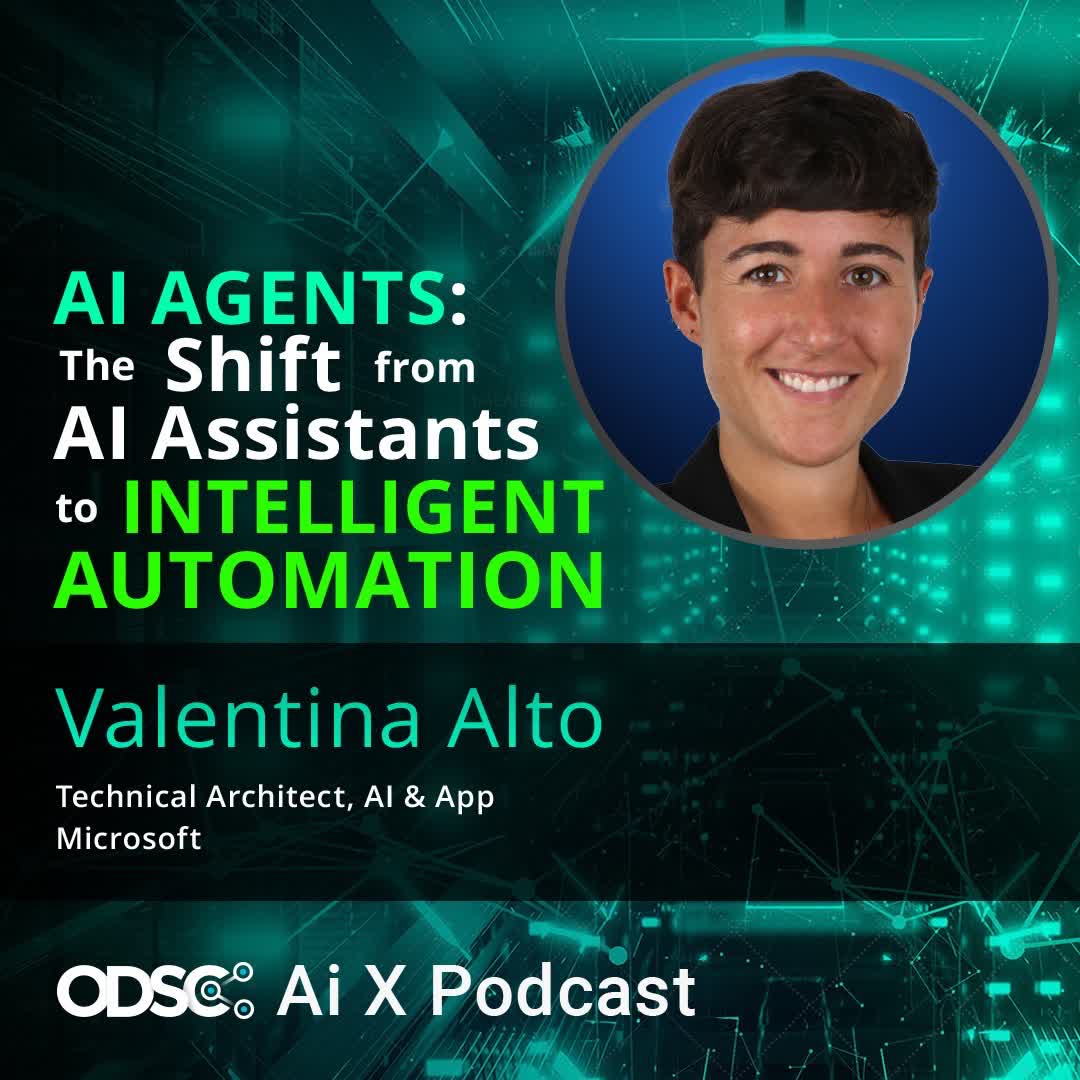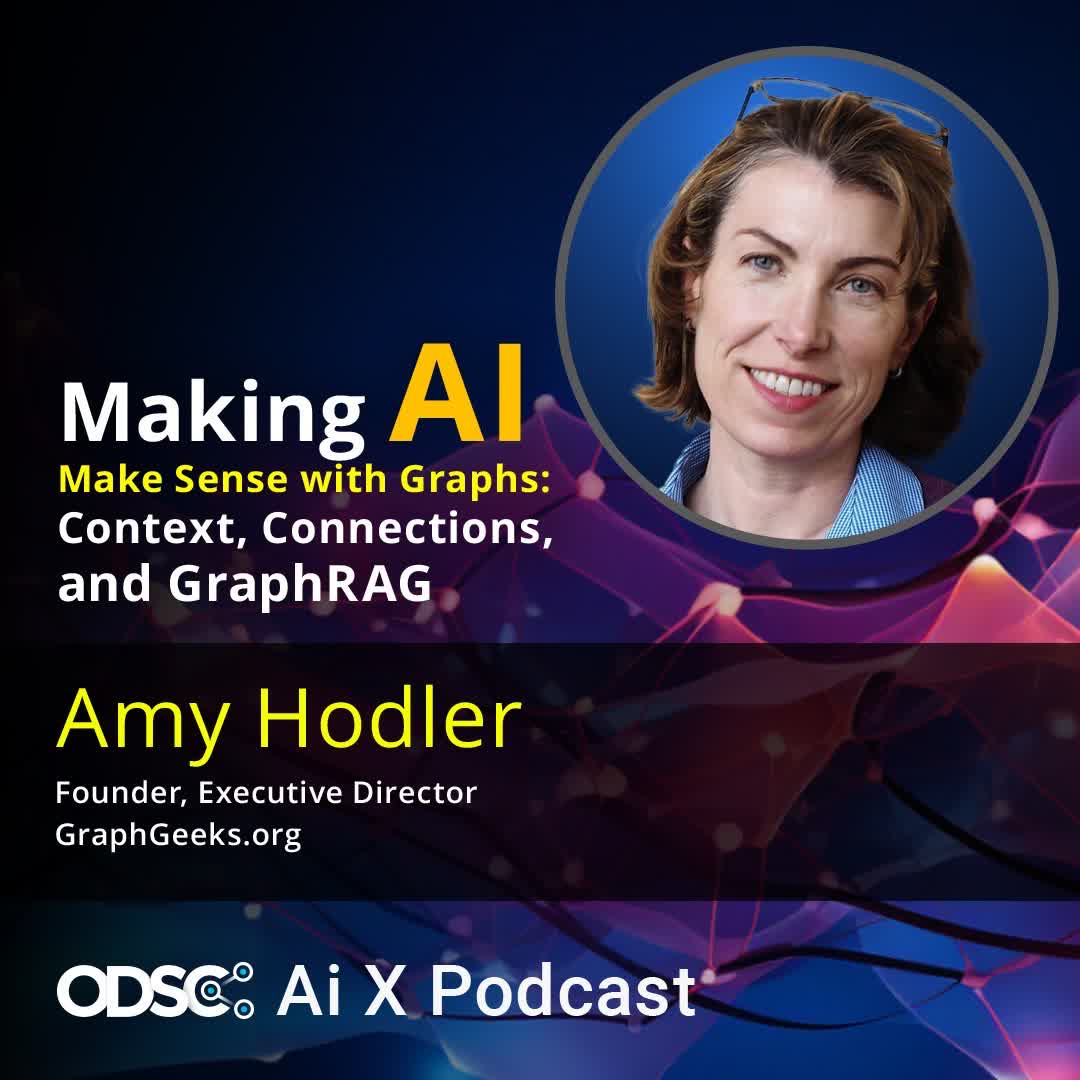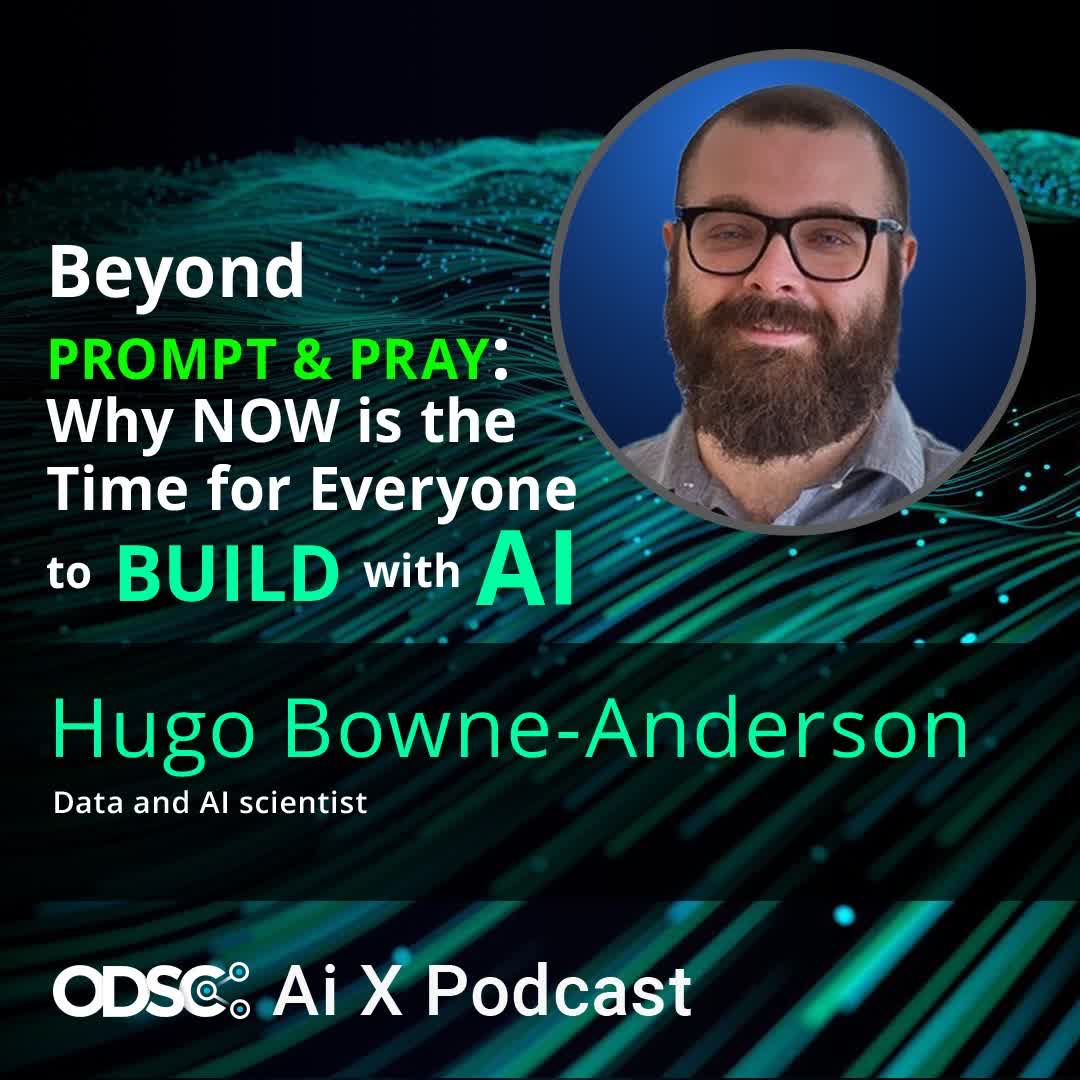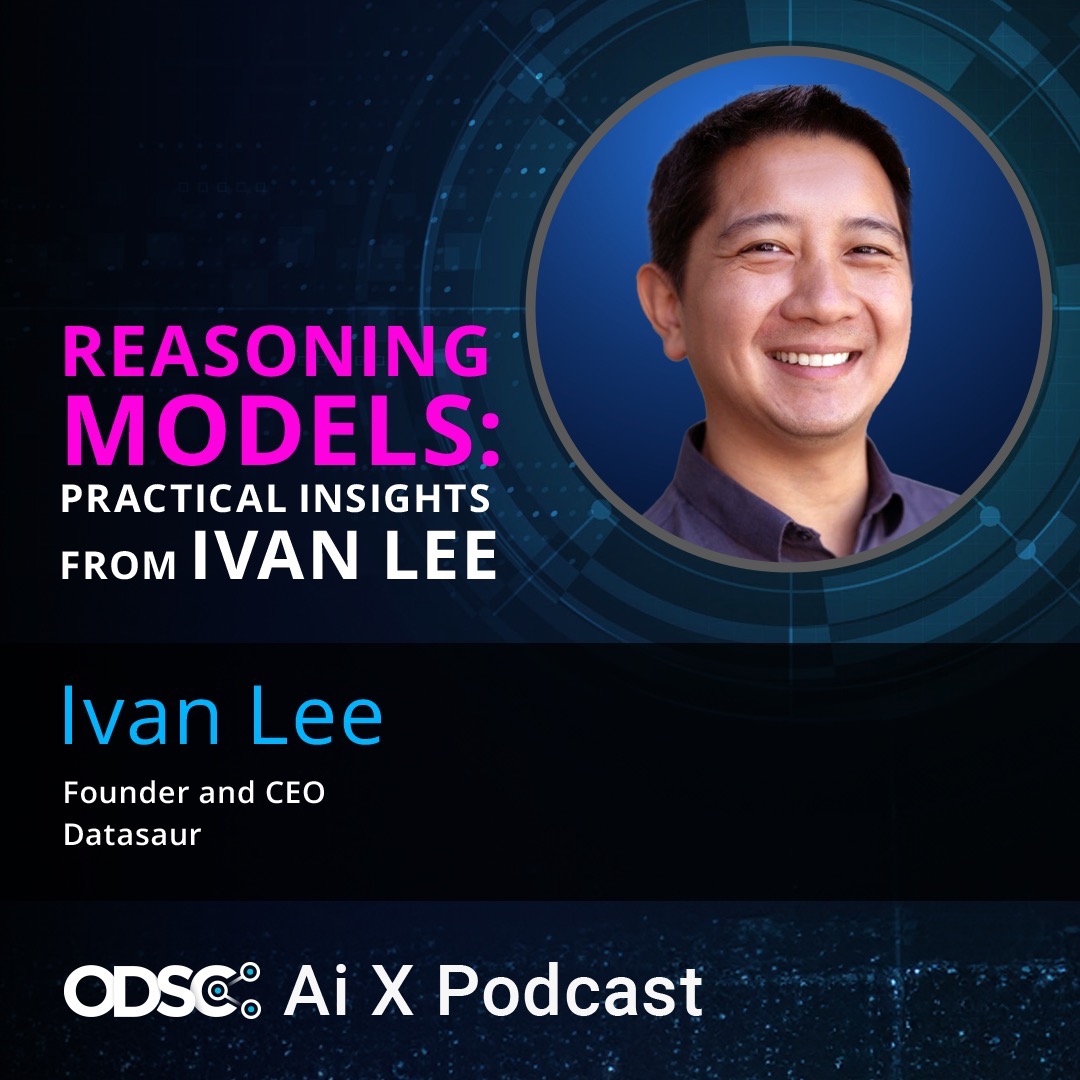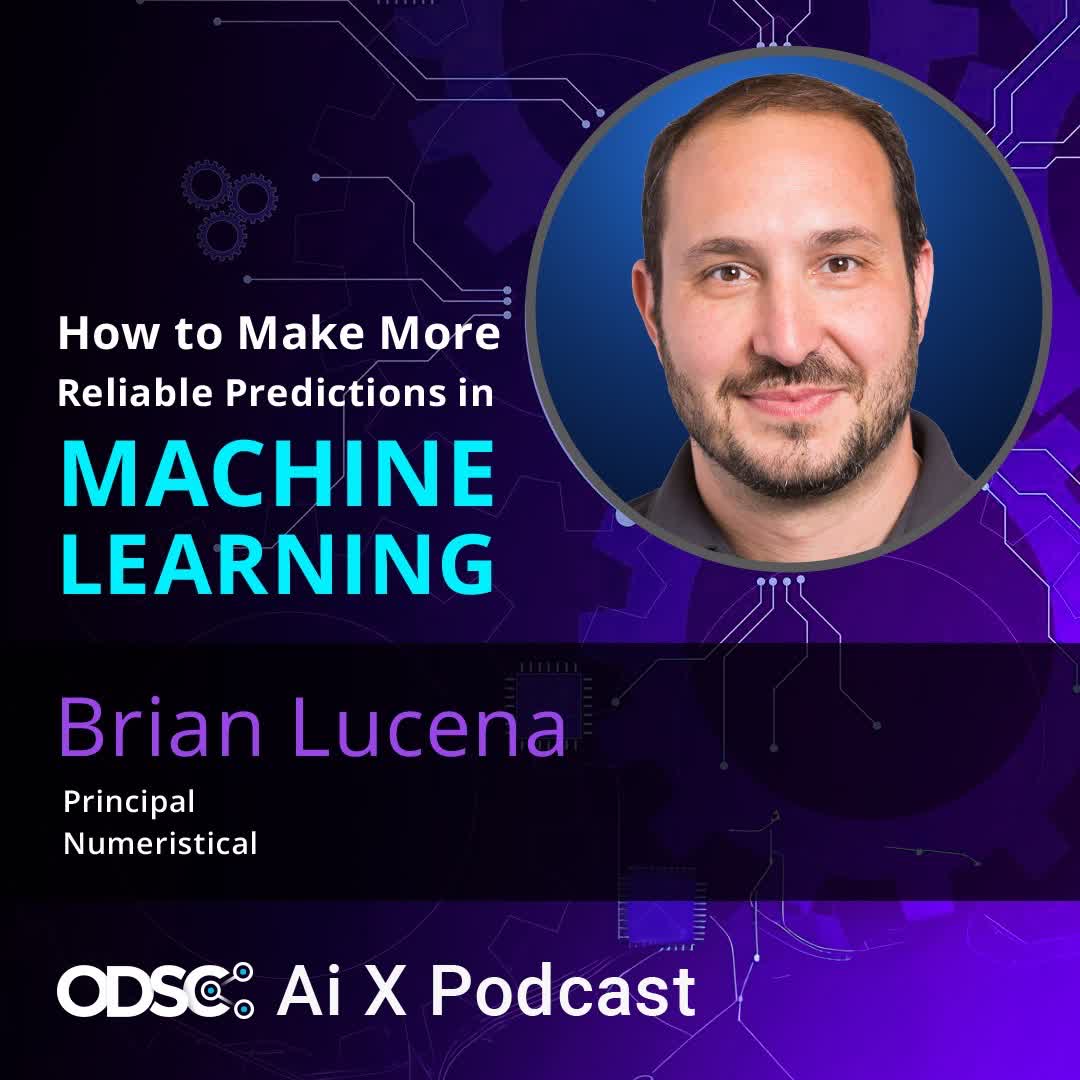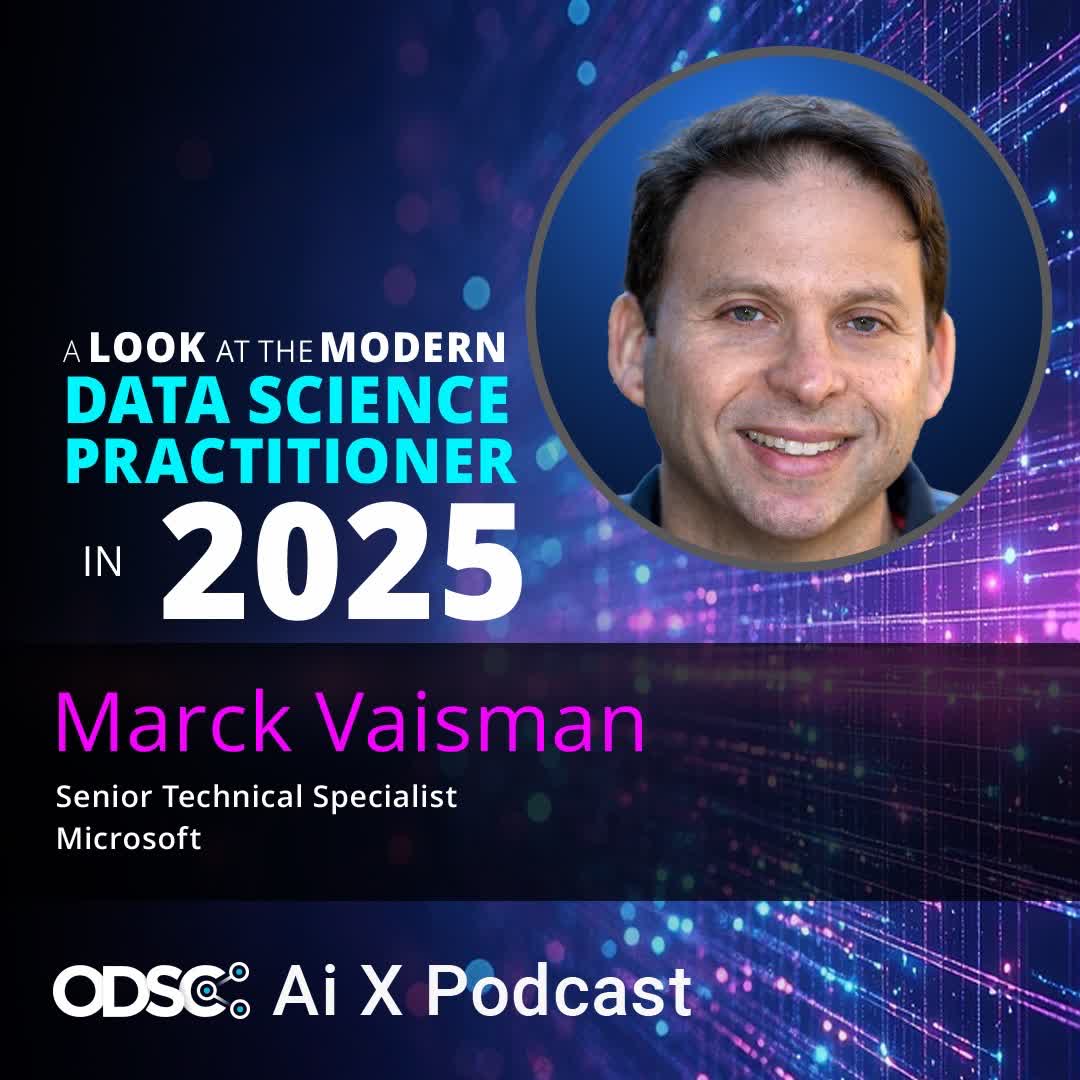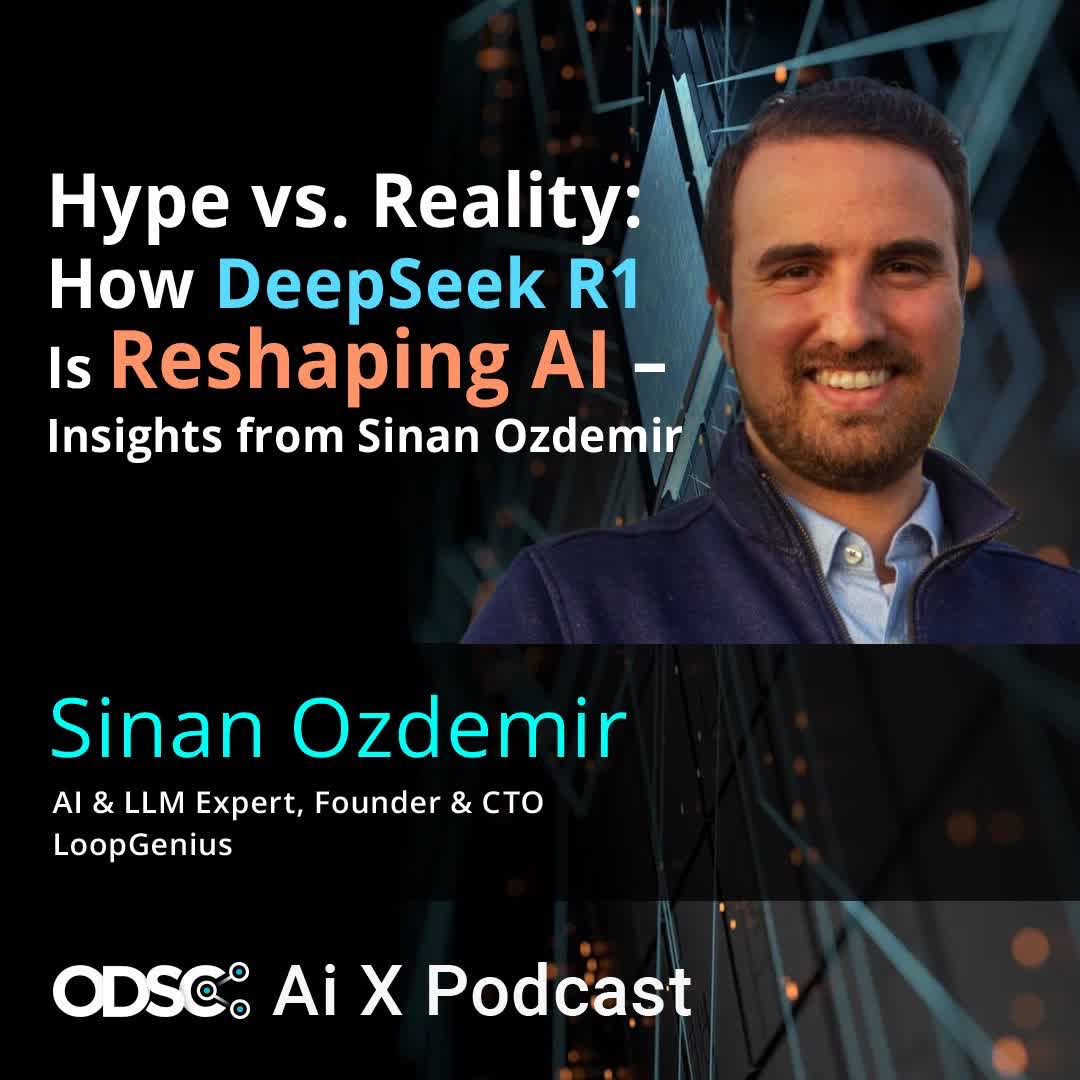Predicting AI’s Impact on Work with Sam Manning
Description
In this episode of ODSC’s Ai X Podcast, Sam Manning, Senior Research Fellow at the Centre for the Governance of AI will be discussing AI’s impact on work.
Sam gained significant attention last year when he co-authored a groundbreaking paper with colleagues from the University of Pennsylvania and OpenAI, examining the Labor Market Impact Potential of Large Language Models.
At the Centre for the Governance of AI, Sam focuses on measuring the economic impacts of frontier AI systems like LLMs and GenAI, and designs policy options to ensure that advanced AI fosters broadly shared economic prosperity.
In this episode, we’ll dive into Sam’s findings and explore how we can better measure and predict AI’s influence on work.
Topics
- Guest introduction and role
- The Center for the Governance of AI and its mission
- The occupational exposure method for measuring AI’s impact
- Do predictions tell us whether the impact will be positive or negative
- Why lower-skilled less experienced workers are getting a much bigger boost in productivity than their more experienced, higher-skilled counterparts
- Why higher-income jobs face greater exposure to LLM capabilities,
- Explanation of the rubrics developed for assessing task exposure and the automation potential of AI
- How do we measure or evaluate which jobs are most likely to be replaced by AI
- Augmentation vs. Automation and what are the significant barriers to fully automating tasks with LLMs, and what role does augmentation play
- Real-world complexity and the challenges in accounting for the complexity of real-world jobs when evaluating AI's impact?
- Discuss the limitations of the current methods for evaluating AI’s impact on labor markets
- How to account for the potential future capabilities of AI in your evaluations?
- Significant findings from research on AI's impact on income inequality?
- Why its important to consider both task-level and economy-wide impacts when assessing AI's influence
- Task-Level Productivity: How do you measure the task-level productivity impacts of AI, and what have been some significant findings using this approach?
- Advice for navigating AI’s impact on their work and careers
- How to follow Sam’s work
Show Notes:
Some of Sam's recent work includes:
- A paper (https://www.science.org/doi/10.1126/science.adj0998) in Science magazine called GPTs are GPTs: Labor Market Impact Potential of LLMs, (also Arxiv link here https://arxiv.org/pdf/2303.10130)
- An article (https://www.brookings.edu/articles/ais-impact-on-income-inequality-in-the-us/) for the Brookings Institution investigating AI's impact on earnings inequality
- A GovAI blog post (https://www.governance.ai/post/predicting-ais-impact-on-work) on the topic of "automation evaluations" called "Predicting AI's Impact on Work".
- Center for the Governance of AI: https://www.governance.ai/
- US Bureau of Labor Statistics: https://www.bls.gov/
- O*NET Resource Center: https://www.onetcenter.org/database.html
- The customer service study by Erik Brynjolfsson, Linsdey Raymond, Danielle Li: https://www.nber.org/papers/w31161
- The MIT study Sam mentioned on the cost-effectiveness of adopting computer vision systems to automate worker tasks: https://papers.ssrn.com/sol3/papers.cfm?abstract_id=4700751
- Carl Frey's book, The Technology Trap: https://press.princeton.edu/books/hardcover/9780691172798/the-technology-trap
- Sam’s Twitter: https://x.com/sj_manning
This episode was sponsored by:
Ai+ Training https://aiplus.training/
Home to hundreds of hours of on-demand, self-paced AI training, ODSC interviews, free webinars, and certifications in in-demand skills like LLMs and Prompt Engineering
And created in partnership with ODSC https://odsc.com/
The Leading AI Training Conference, featuring expert-led, hands-on workshops, training sessions, and talks on cutting-edge AI topics and tools, from data science and machine learning to generative AI to LLMOps
Never miss an episode, subscribe now!


